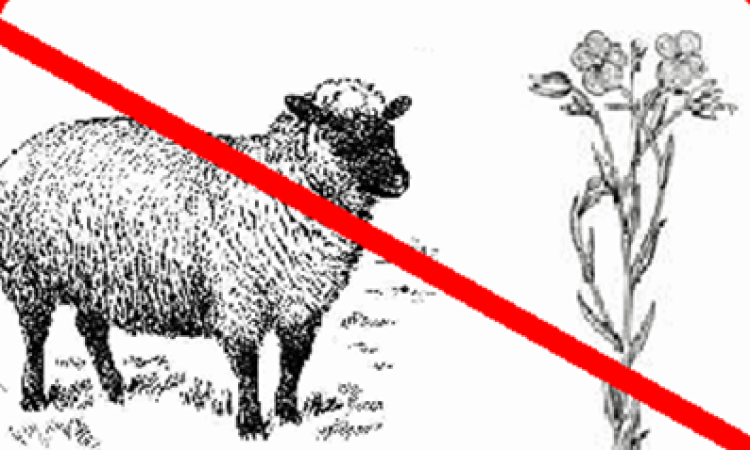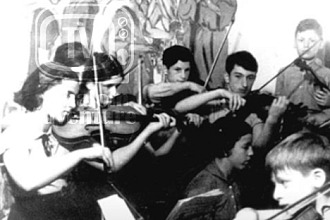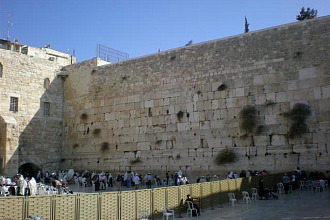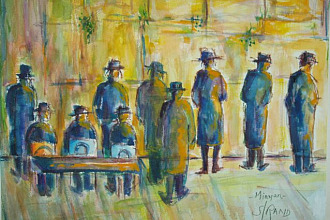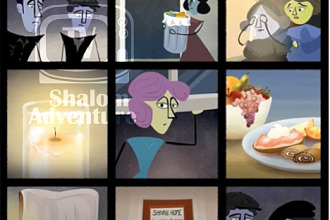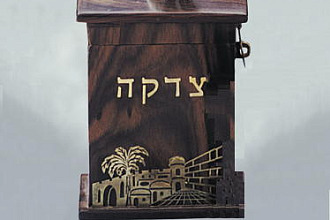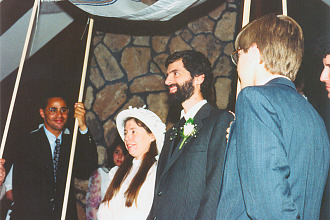Sha'atnez is the term used for clothing made with a mixture of wool and linen fibres. This mixture is clearly forbidden in two places in the Torah. In Deuteronomy it states: “You shall not sow your vineyard with different seeds (Kila'im); lest the fruit of your seed which you have sown, and the fruit of your vineyard, be defiled. . . . You shall not plough with an ox and an ass together. You shall not wear a garment of different sorts (Sha'atnez), like wool and linen together (Deut. 22:9-11).
In Leviticus it states: “You shall keep my statutes. You shall not let your cattle breed with a different kind (Kila'im); you shall not sow your field with mixed seed (Kila'im); nor shall a garment mixed composition (Uveged Kila'im Sha'atnez) come upon you (Lev. 19:19). The custom is therefore very ancient.
The reason for the law is not clear. Rashi pointed out that the Leviticus passage referred to it as Chok (a statute), which he understood implied that no reason had to be given. However both passages link Sha'atnez with the mixing up of plant and animal species. All of these were clearly forbidden. At that time they believed that God deliberately created the world with different species of animals and plants; each one had its own seed and bred true to type. This was the order of God's creation, and humans should not interfere or debase it with it by cross-breeding animals or plants or by mixing up of fibres. Following this reasoning, Sha'tnez was mixing plant and animal fibres, mixing up a God-ordered world. This is roughly the view of Nachmanides (Commentary on Lev. 19:19).
It is a strange fact that though many Jews observe the Jewish dietary laws, far fewer observe the law of Sha'atnez, although it has a similar origin and equal authority. For those few that do observe these laws, special laboratories have been set up to analyse the contents of cloth to check that it meets these strict requirements.

